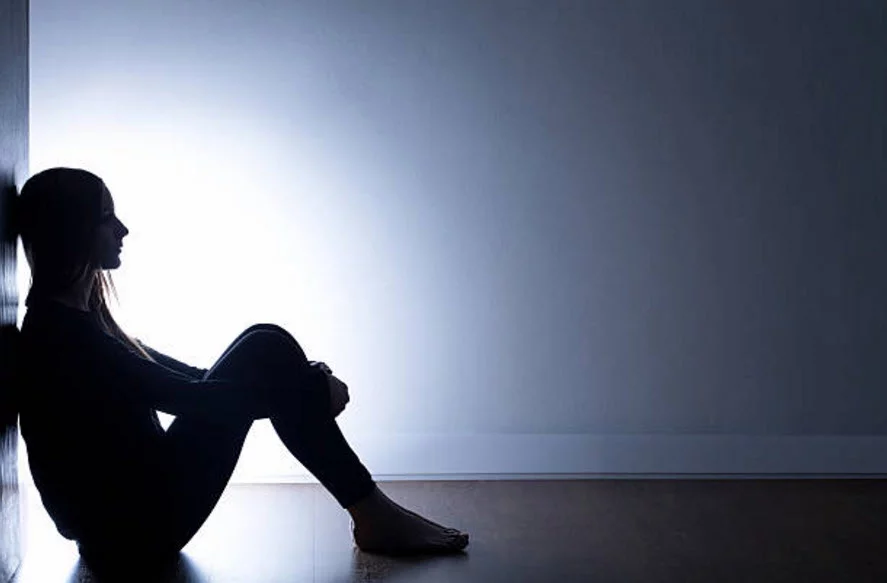If you’re the parent of a teen or preteen, you have most likely heard of the Netflix show, “13 Reasons Why,” and its sweeping popularity over recent weeks. The show revolves around the life and suicide of Hannah Baker, a high school teen leaving behind 13 tapes explaining the 13 reasons “why” she took her own life. And while the show calls people to discuss critical issues like assault, bullying, and suicide, its depiction of mental illness is extremely misguided. So, should you let your teen watch the show? And as a parent, how do you facilitate a healthy conversation about these issues? Here is what we’ve gathered, and maybe you’ll find a reason why (or why not) all on your own.
One problem about the show is that the main character uses her death to make a point. She sends messages (via audio cassette tape) to each of her classmates that “contributed” to her suicide, each of their transgressions varying from the easily forgivable to the brutally traumatizing. And while Hannah’s narrative is one of deep anguish, it also comes off as vengeful. Many teens who commit suicide do not do so to teach other people a lesson. And when it comes to teens killing themselves, many don’t leave a message behind at all.
In most cases, suicides are not carefully crafted. In fact, they’re often impulsive and made soon after a traumatic experience. According to the New England Journal of Medicine, “Among people who made near-lethal suicide attempts, for example, 24% took less than 5 minutes between the decision to kill themselves and the actual attempt, and 70% took less than 1 hour.” It’s highly unrealistic for someone in the throes of a suicide attempt to orchestrate 13 hours of recordings. Teens are going to act more quickly, and by then, the feeling would most likely pass.
When it comes to talking about mental health and suicide victims, there is a negative connotation that committing the act is selfish, they’re manipulative, or they don’t care about the people who love them. However, people who kill themselves feel helpless and like they don’t have anyone to turn to. Or, they feel their self-worth is so low that the world be better without them. Unlike “13 Reasons,” most suicide victims aren’t offloading responsibility and looking for someone to blame. In the wake of Hannah’s death, she makes her classmates shoulder the burden of her suicide. Of course, she experienced painful things that no one deserves to go through, but suicide victims don’t assign blame.
And though we can’t deny “13 Reasons” has made positive strides to bring more awareness to serious issues like suicide, the show’s treatment of the topic completely belies the conversation it lauds. When watching this show with your teen, it’s important to know how to approach this issue. If you want to have a serious discussion about suicide, create a safe space for your child to talk about it. Know that they have your support if needed. Also, let your child know that Hannah’s story is merely one – very rare – instance. Inform them that most suicide stories go unheard, and that those stories are just as vital to learn about as well.
- Here are some other resources we’ve gathered as well.
- National Suicide Prevention Lifeline: 1-800-273-8255.
- Crisis Text Line: Text “START” to 741-741.
Talking to your child about suicide, and letting them know they have a good support system helps you when you’re under your roof. But at McGruff, we know that there things outside of your home that’s not in your control. With the McGruff Safe Kit, you can conveniently store your child’s hair strands, DNA samples, fingerprints, and a recent photo in case the unthinkable should ever occur. Request your no-cost kit today!






